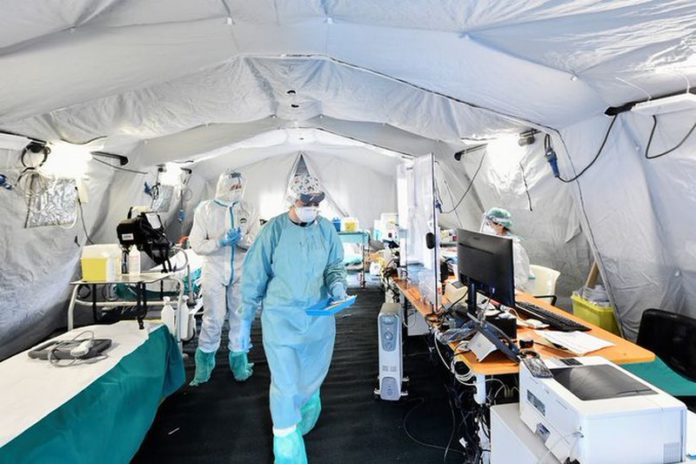Apart from the sudden religious trust in alcohol-based sanitisers and washing of hands under running water for 20 seconds, the next most peddled advice in the wake of the novel coronavirus (COVID-19) scare is: avoid large crowds and practice social distancing.
Italy knows best.
For a country that encountered the pandemic weeks after China, the transmission rate has been more devastating than anyone expected.
Italy as of Tuesday, March 24, had recorded 6,077 deaths out of over 63,927 confirmed cases of the virus.

According to the World Health Organisation (WHO), COVID-19 has infected 381,744 people and killed just over 16,558 with 102,429 recoveries (as of March 24, 2020).
Let us rewind to the neglected precautionary measure that tore apart the very fabric of this European fashion powerhouse; social distancing.
Social distancing according to health experts typically means cancelling large gatherings like festivals and conferences and is used as a public health strategy to help slow, track, and eventually curb the spread of airborne diseases like the flu, tuberculosis and of course, coronavirus.
Hold on to that thought.
Ghana in recent times has seen a surge in young photographers executing amazing work across all spheres of the economy.
While quite a number of them are fixated on the craft for recreational purposes, a huge chunk have their daily bread dependent on this fast-growing profession.
Seeing that the Ghanaian culture has a knack for communal celebrations of milestones in grand style, it is difficult not to see why the job of today’s freelance photographer is considered a lucrative venture.

But after the novel coronavirus hit, lenses lost their focus.
Award-winning photojournalist with The Multimedia Group, David Andoh explains why.
“If you are a photographer who relies on these events to make money since there are no gatherings this time, you will make no money,” he said while wrapping up to vacate his office after a day’s work.
President Akufo-Addo on March 15, 2020, announced a nationwide ban on public gatherings, schools and institutions in the country after Ghana recorded cases of COVID-19. The ban was later extended to all borders while markets across the country were closed for a fumigation exercise to be conducted.

The country’s number of confirmed coronavirus cases stands at 27 as of March 23, 2020, with two deaths recorded.
As part of measures to reduce and contain the spread of the virus, there was a clampdown on activities that required large gatherings such as church services, funerals, weddings, sporting events among others, all of which are the mainstay of the average commercial freelance photographer.
While it is saddening to see ceremonies such as marriage and funerals postponed, the silence of shutters that would have frozen these priceless moments to help in reliving these memories is almost deafening.
Mr Andoh is very aware of the economic impact of the embargo on the profession, particularly freelancers.
“This problem is actually affecting a large number of photographers. We have many areas including photojournalism, wedding photojournalism, events and studio photography,” he added.
But the photojournalism space, according to David Andoh, will be least affected because even amid this COVID-19 outbreak, he could walk into a church without worshipers on a Sunday morning, take shots and he will have a story worth telling and get paid at the end of the month for it.
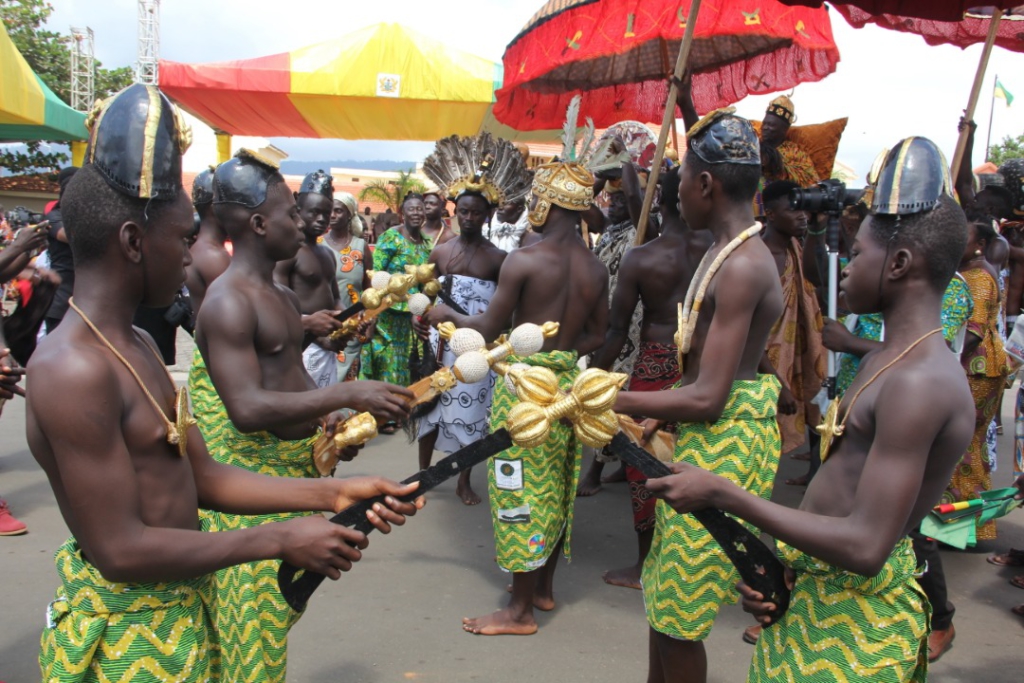

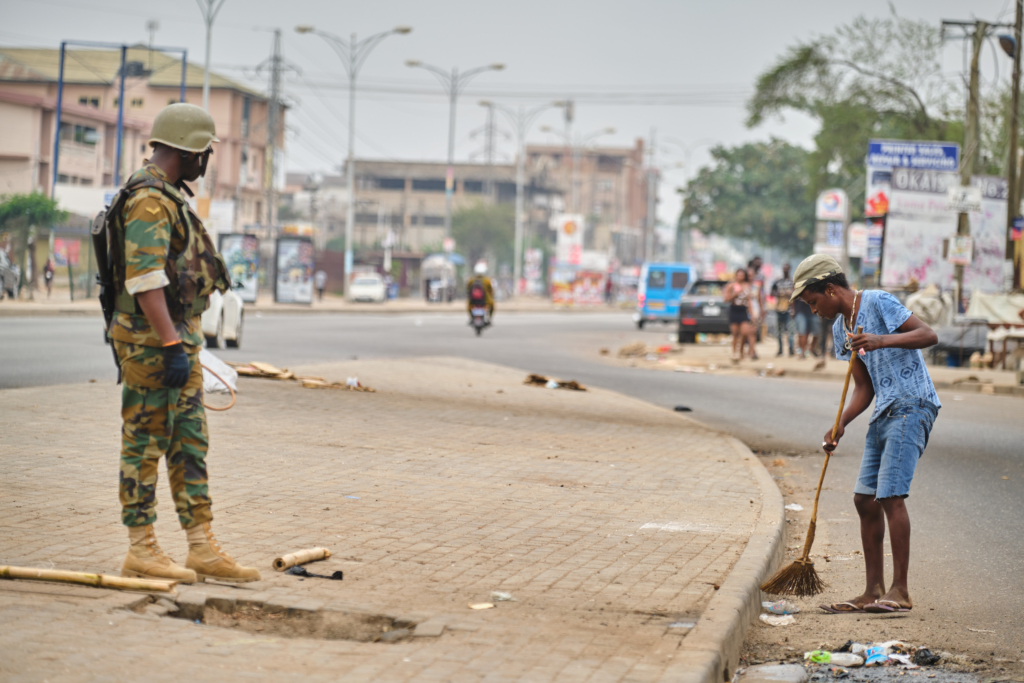
However, if you had seen some wedding fliers of family and friends on WhatsApp statuses and Facebook, chances are they have been rescheduled, trimmed guests to under-25 or called off altogether.
Nene Azu of Nene Studios is one of those who could lose their source of livelihood. Already he has lost close to GH¢12,000 (the equivalent of $2,146) due to the cancellation of events.
“It has greatly affected me. Some weddings, musical concerts I had to shoot this week have been either canceled or postponed,” he lamented.
While conscious of the need for safety precautions in times like these, he is unenthused by the seeming freeze on his income stream, not just for this weekend, but the next three, subject to Executive review.
Sports photography has also not been left out of the melee as events in that space have been heavily featured in the list of activities to be halted.
According to sports photographer Frank Darkwah, they are already feeling the pinch.
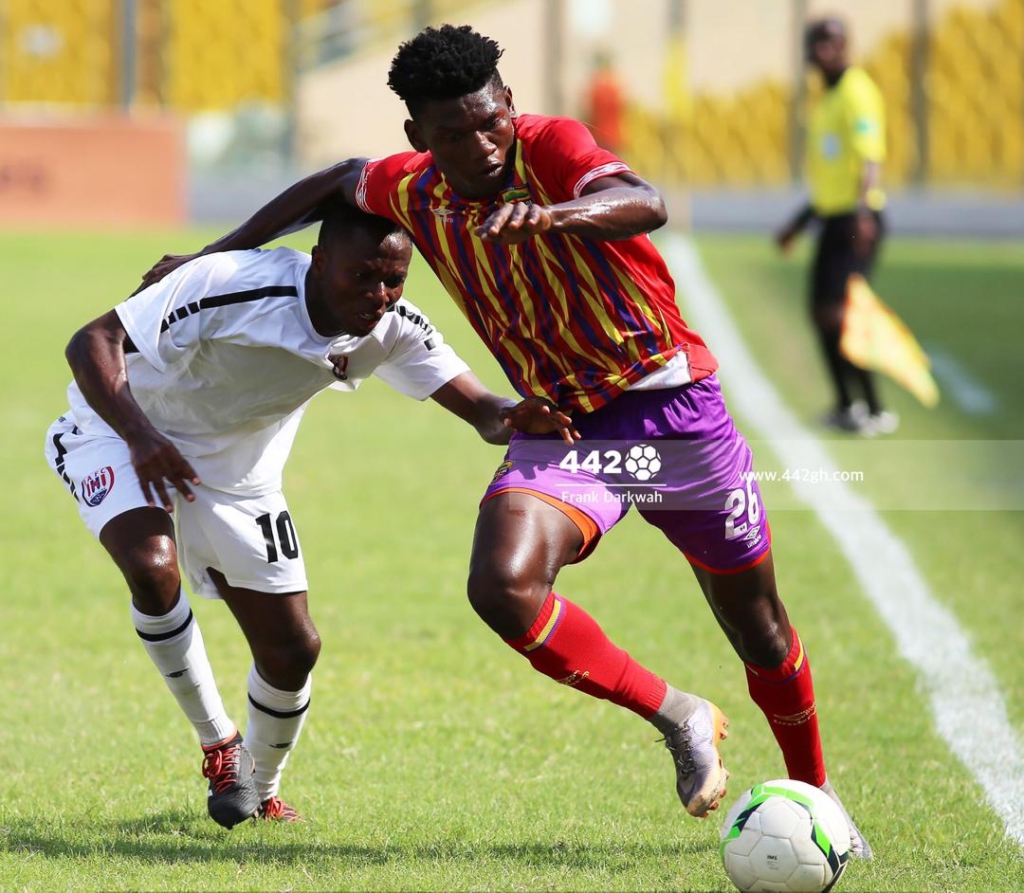
“The ban on public gathering has become a worry in our line of work. As photographers, these social gatherings are where we normally make money apart from the fact that we sometimes get individual bookings for shoots. It’s really taking a toll on photographers and we hope things are brought to normalcy soon,” he said in a correspondence as the Ghana Football Association suspends the Premier League indefinitely.
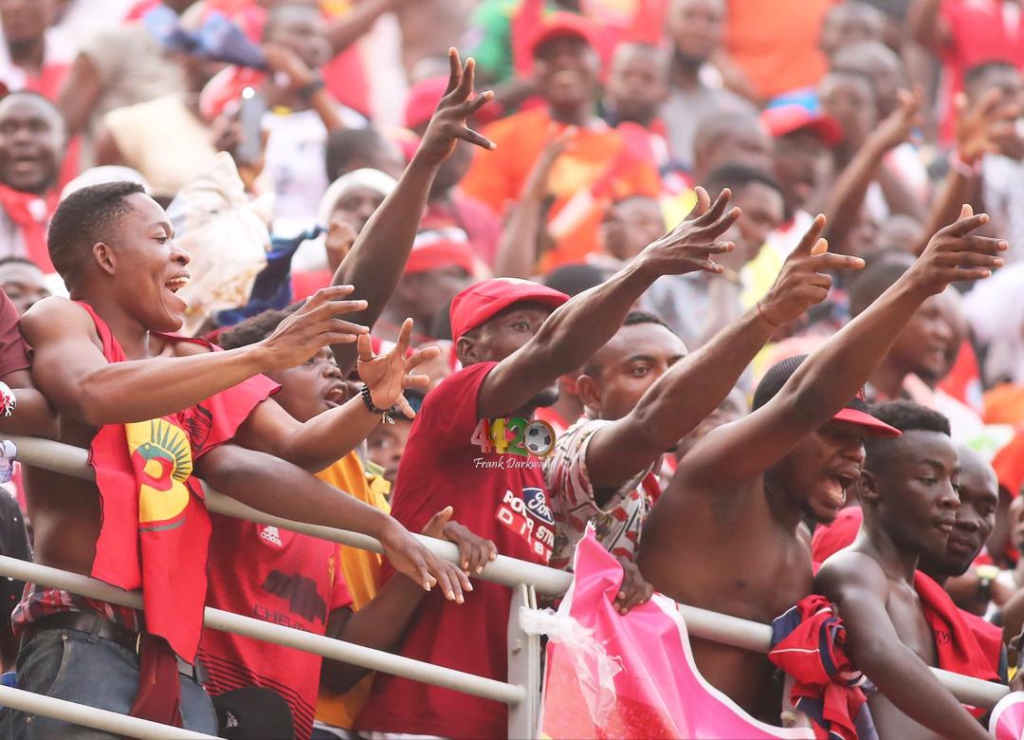
Considering the increasing rate of social media, event organisers and individuals are becoming very conscious of their brands on these platforms are giving prominence to the craft of photography.
As this fascination for images heightens, one can only imagine how many professionals and upcoming enthusiasts in the sector will to survive these trying times.
David Andoh has advised that photographers use the period of the pandemic as a time to go through their archives to find work that they may have missed which could fetch some cash in the interim.
Others have also recommended that freelancers use the time available to improve their skills and learn new ways of perfecting the craft.
Photography is a profession that freezes time to enable us to relive them, some say. But at a time like this, the photographer has taken a hit.
Meanwhile, “Life is like a camera. Just focus on what’s important and capture the good times, develop from the negatives and if things don’t work out, just take another shot,” – Unknown.

